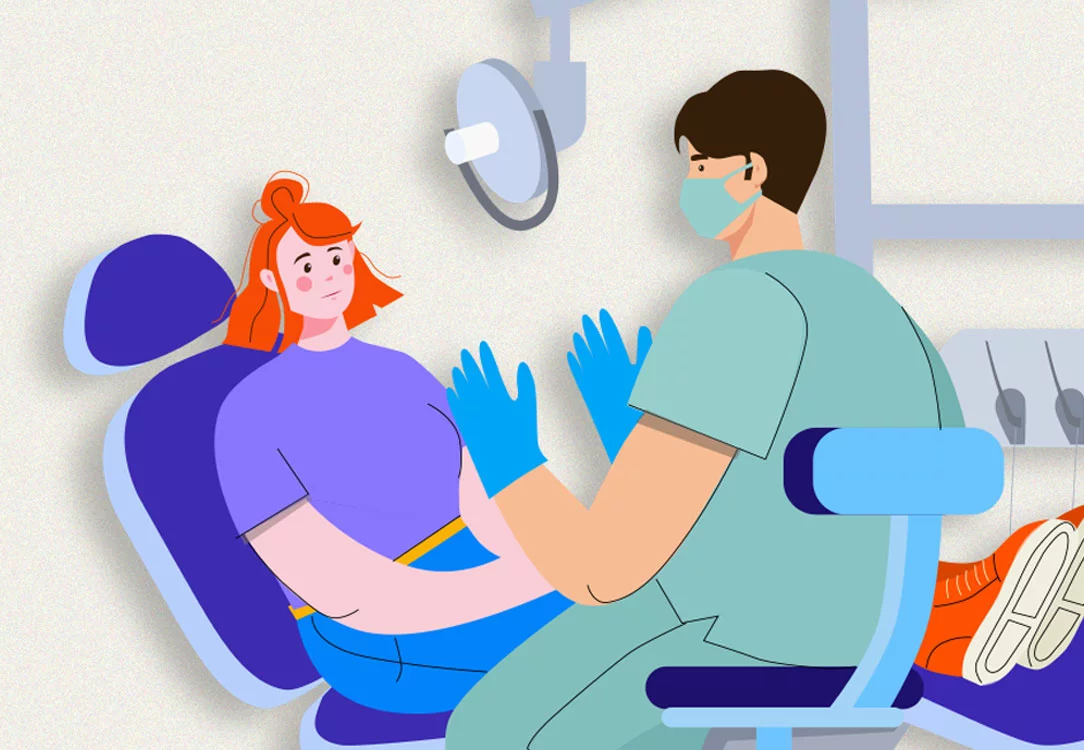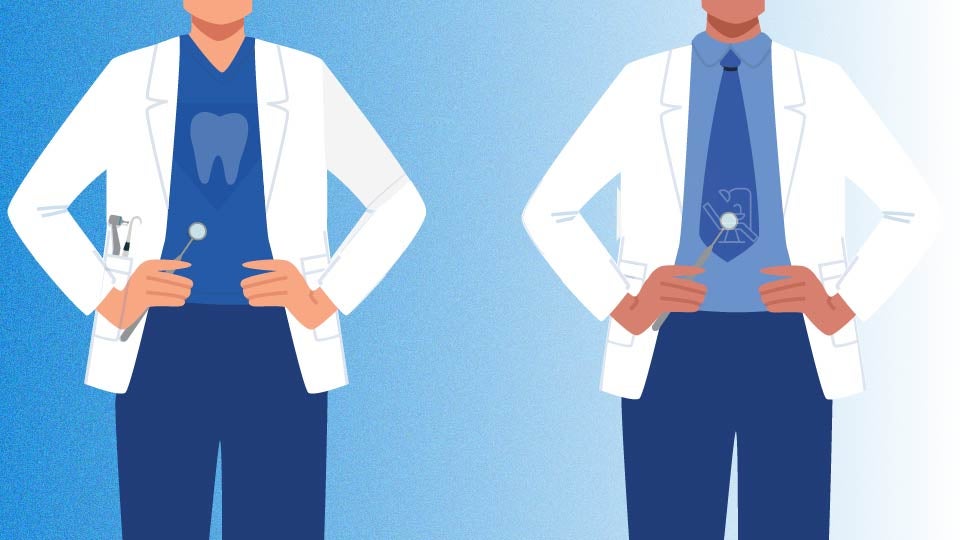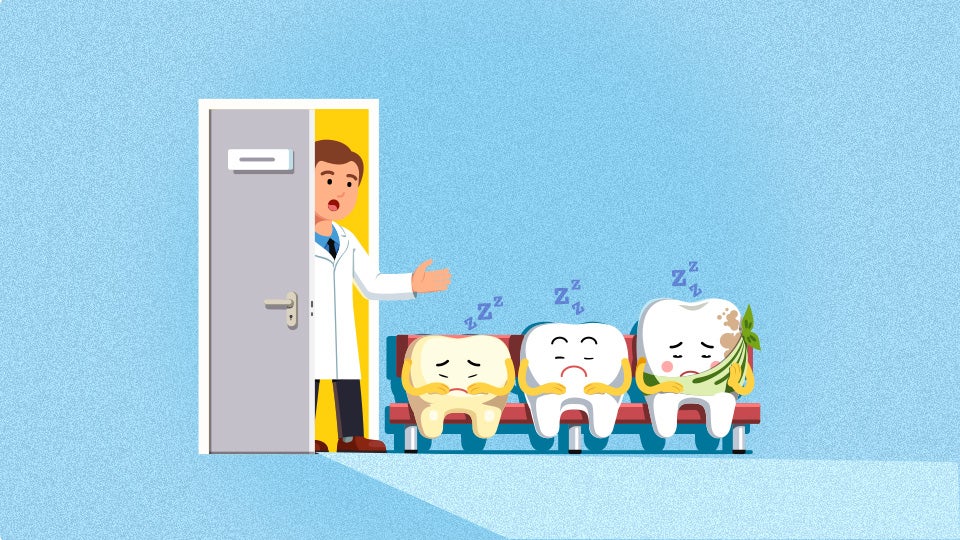What to Expect from a First Visit to a New Dentist?
- How do I check in?
- What typically happens during a dental exam?
- How long do dentist appointments take at this particular office?
Checking In and Completing Paperwork
Good news, modern dental offices are providing more convenient ways to check in for appointments. At Smile Generation-trusted offices, you can experience a seamless e-check-in through the Smile Generation MyChart. This platform allows you to effortlessly manage and track your health information through a secured patient portal. The best part? You can book and check into your appointment even before setting foot into the dentist's office.
After you are checked in, your new dentist will greet you and ask if you are experiencing any sensitivity or pain with your teeth or gums. After this discussion, your dentist will prescribe the necessary X-rays and introduce you to the dental assistant, who will do your X-rays.
X-rays and Other Diagnostic Tests
Your new dentist will want to look at recent X-rays of your teeth. If you haven’t had X-rays taken of your mouth in the last year or two, an experienced and thorough dental assistants will take a set of full-mouth x-rays. Your new dentist will want to get a good idea of any possible cavities and other dental conditions that could be in between your teeth or in hard-to-see places in your mouth.

A Comprehensive Dental Exam
Dental Health History and Concerns
Development of a Personalized Dental Care Plan
If you have any concerns regarding financing your dental work, there are many programs available that may help you to afford the dentistry you require.

After you have discussed your treatment options with your dentist, one of our knowledgeable healthcare coordinators will assist you with maximizing your insurance benefits to minimize your out-of-pocket costs. As a Smile Generation-trusted office, we pride ourselves in our ability to help ensure that the dental treatment you want and need fits within your budget and lifestyle.
Common Dental Procedures on Your First Dentist Appointment
Dental Cleaning
After the exam, your dentist will likely recommend a dental cleaning. If your teeth need more attention due to poor oral hygiene with tooth decay or gum disease, your new dentist may want to schedule a deep cleaning that could take more than one appointment to complete.
Fillings
- Silver amalgam
- Gold
- Composite resin
- Porcelain
Questions to Ask Your New Dentist
How Often Do I Need to Come for Check-ups?
What's the Best Time for a Dentist Appointment?
Dental offices get swamped with patients in mid to late summer and at the end and beginning of the year. During these busy periods, it can be difficult to book an appointment. Reasons for these spikes in dental appointments include:
- Families often try to get dental appointments booked before school starts in mid-August.
- Patients who want to use the remaining insurance benefits make dental appointments in December.
- As the new year rolls in, January and February get quickly booked with patients wanting to use new insurance benefits.
How Do I Prepare Myself for a Dentist Appointment?
- Insurance information
- Medical records
- Dental records
Any oral appliances you may use, like a mouth guard, sleep apnea mouthpiece, or retainer.

Will a Dentist Fill a Cavity on the First Visit?
Always communicate any concerns you have with your dentist. Dentists provide more
personalized dental care that can greatly benefit your oral health, depending on how much information you give them. You do not want to drive away from your dentist appointment thinking of everything you wished you had asked.
Finding A New Dentist
If you are looking for a new dentist in your community, use Smile Generation's Find a Dentist tool to find the perfect local dentist for you and your family.
Find your trusted, local dentist today!
Sources
- Sales seasonality in dentistry." ADA, 12 July 2016, https://newdentistblog.ada.org/sales-seasonality-in-dentistry/
Smile Generation blog articles are reviewed by a licensed dental professional before publishing. However, we present this information for educational purposes only with the intent to promote readers’ understanding of oral health and oral healthcare treatment options and technology. We do not intend for our blog content to substitute for professional dental care and clinical advice, diagnosis, or treatment planning provided by a licensed dental professional. Smile Generation always recommends seeking the advice of a dentist, physician, or other licensed healthcare professional for a dental or medical condition or treatment.








